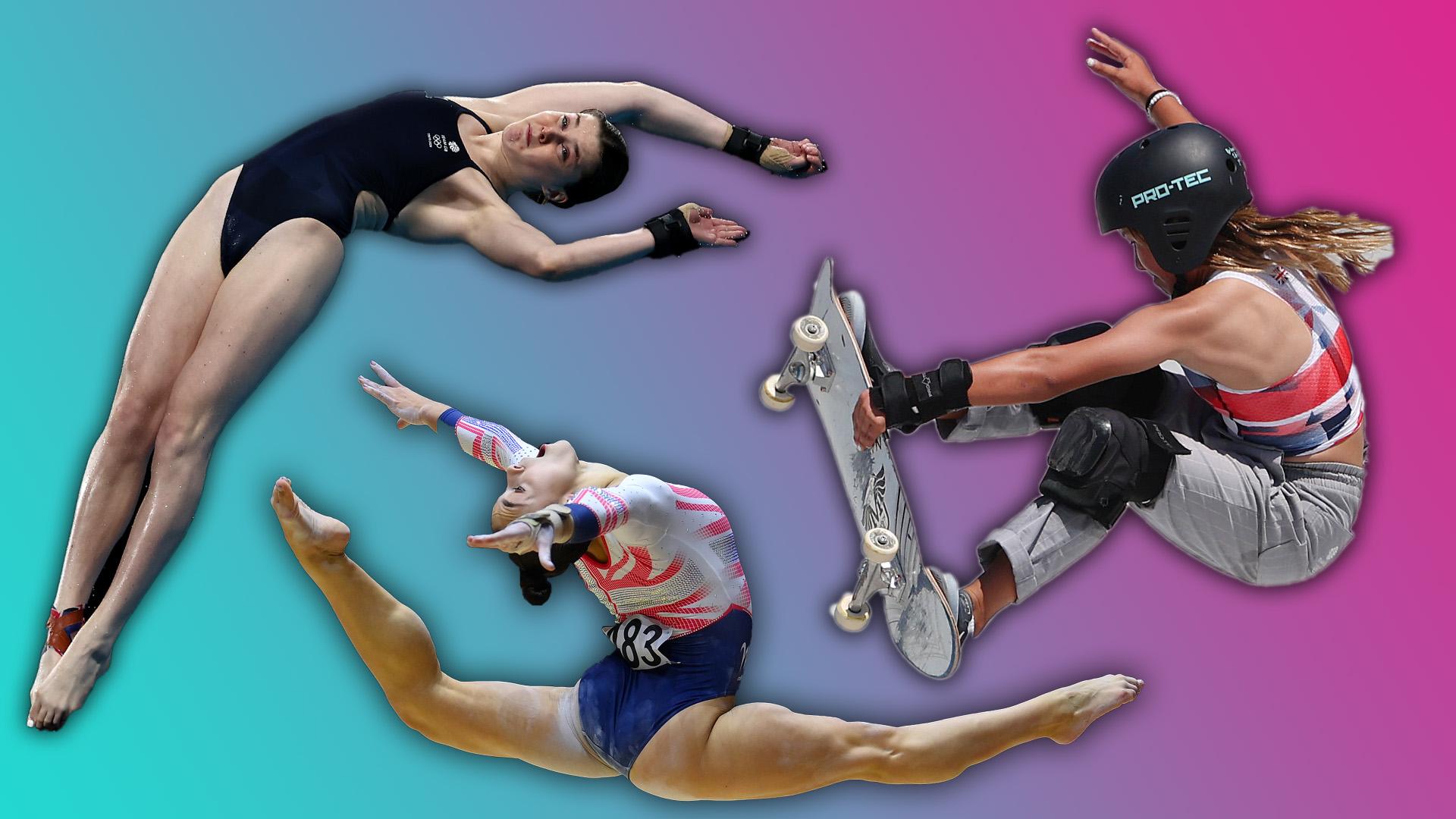Concussions in sport: New guidance published to help players enjoy sport safely
- Published
- comments
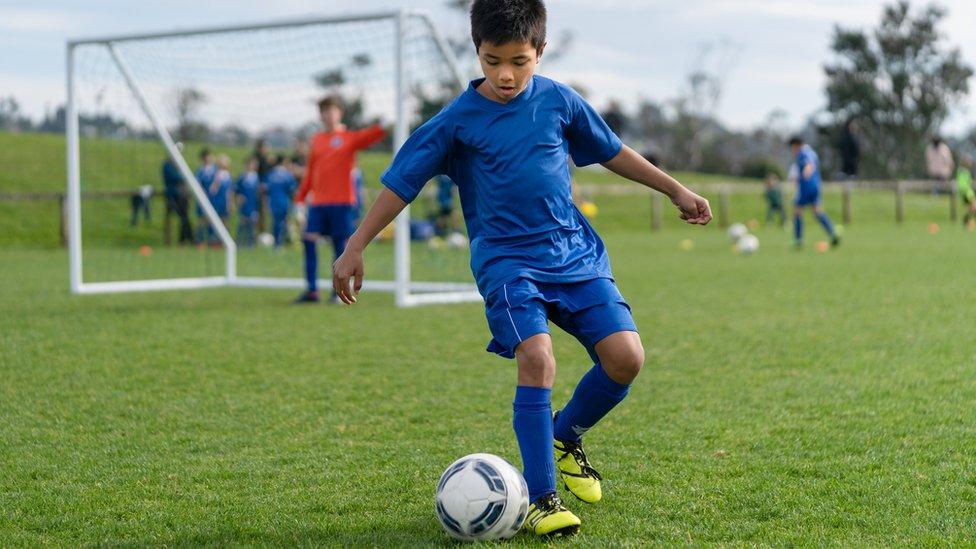
The guidance encourages people to enjoy sport, but to stay safe while doing so
If you receive a concussion, which is a type of head injury, during a game of sport, new official guidance says you mustn't play again for at least 24 hours.
"If in doubt, sit it out" - that's the message the government and the Sport and Recreation Alliance want to get across to people playing football, rugby, or anything else where you might hurt your head.
It's the first UK-wide concussion guidance for people playing grassroot sports, which means clubs that aren't professional.
It follows many reports and investigations into the dangers of blows to the head in sport for people of all ages, and how best to keep players safe.
What is a concussion?
After 13-year-old Matteo was injured playing Rugby, he wants to find more about the long-term effects of his concussion and what needs to change in the sport.
A concussion is a brain injury.
It happens if you hit your head very hard, or very suddenly. It can also occur if other parts of your body are hit which causes your head to move suddenly, which is sometimes known as whiplash.
It can can change the way someone thinks, feels and remembers things.
While all head injuries are serious, effects of a concussion are usually temporary and most people recover fully with rest.
The highest number of concussions were in:
rugby and football, for boys
football, trampolining, netball and horse-riding, for girls
Physical: headaches, dizziness, vision changes
Mental processing: not thinking clearly or feeling slowed down
Mood: feeling short tempered, sad or emotional
Sleep: not being able to sleep or sleeping too much
What do the new guidelines say?
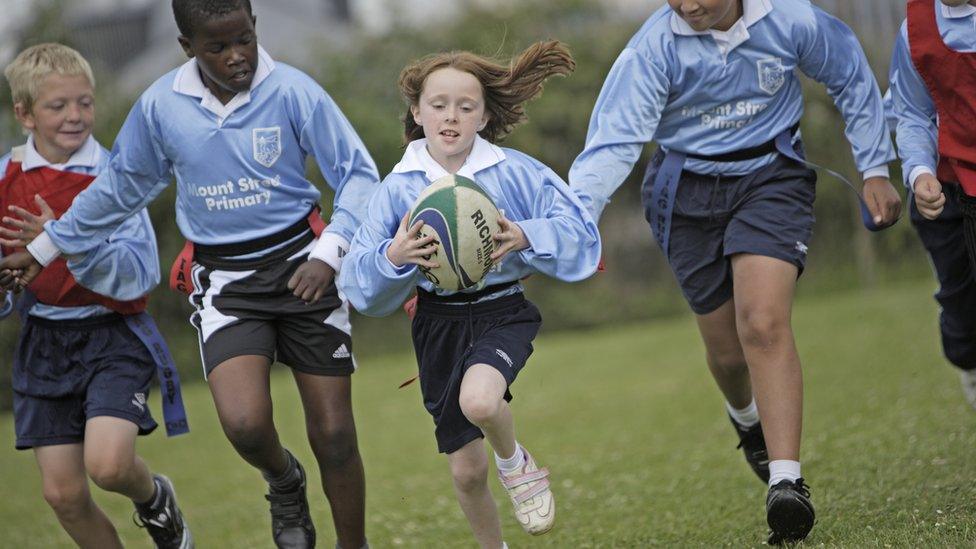
The guidelines say it's more important to get to a point where you can return to school, than it is to get straight back into sport
The "If in doubt, sit it out" strapline is being used to encourage anyone who hits their head to immediately sit out of a game, to make sure their injury doesn't get worse.
They shouldn't return to PE lessons or their sports club for at least a whole day if they suffer a potential concussion, and NHS 111 should be called.
The guidance comes after Scotland published concussion advice in 2020, which made it the first country in the world to do it for all levels of sport.
The group that drafted the guidelines was chaired by Professor James Calder, a surgeon who has operated on football stars such as Gareth Bale and Neymar.
RECOGNISE the signs of concussion
REMOVE anyone suspected of being concussed immediately and
RETURN safely to daily activity, education/work and, ultimately, sport
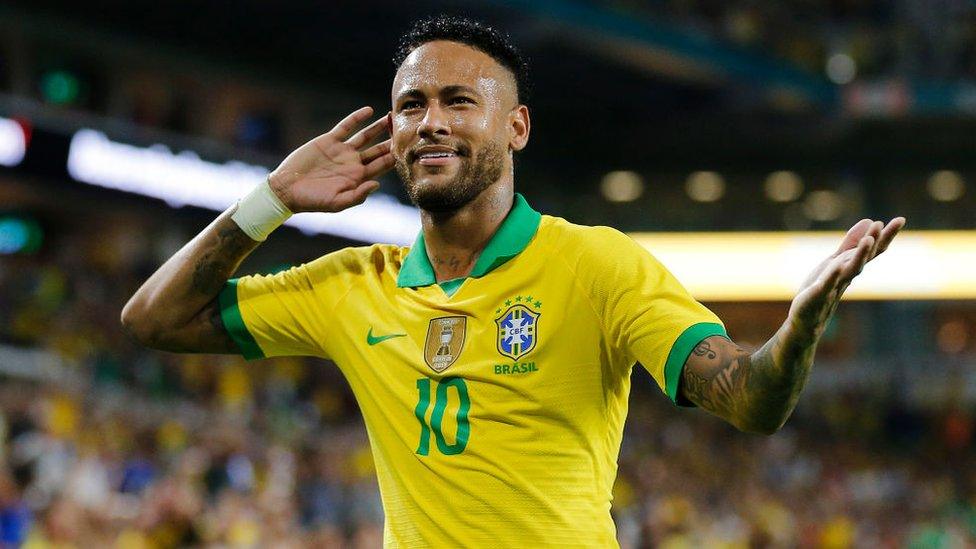
The surgeon leading the group writing the guidelines has treated football stars such as Neymar for injuries
"We know that exercise is good for both mental and physical health, so we don't want to put people off sport," he said.
"But we need to recognise that if you've got a head injury, it must be managed and you need to be protected, so that it doesn't get worse."
In that time, they also shouldn't ride a bike, drive or be left alone, the guidance says.
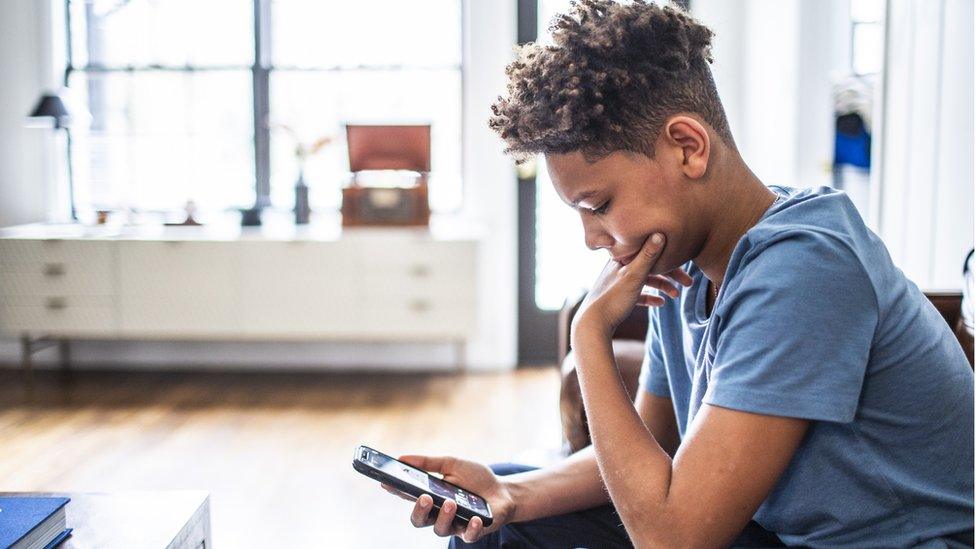
Looking at screens for long periods of time after a concussion can slow down recovery times
They should minimise smartphone and computer use for at least 48 hours, as staring at a screen can make it take longer to recover.
And they shouldn't return to competitions for at least 21 days, or three weeks.
However, if the concussion results in the person losing consciousness or "blacking out" (which only happens in 10% of cases), the person should immediately be assessed by a medic if there's one nearby, or taken to the Accident and Emergency department at hospital.
The government say that returning to education or work takes priority over returning to sport.
Why are rules for grassroots sport important?
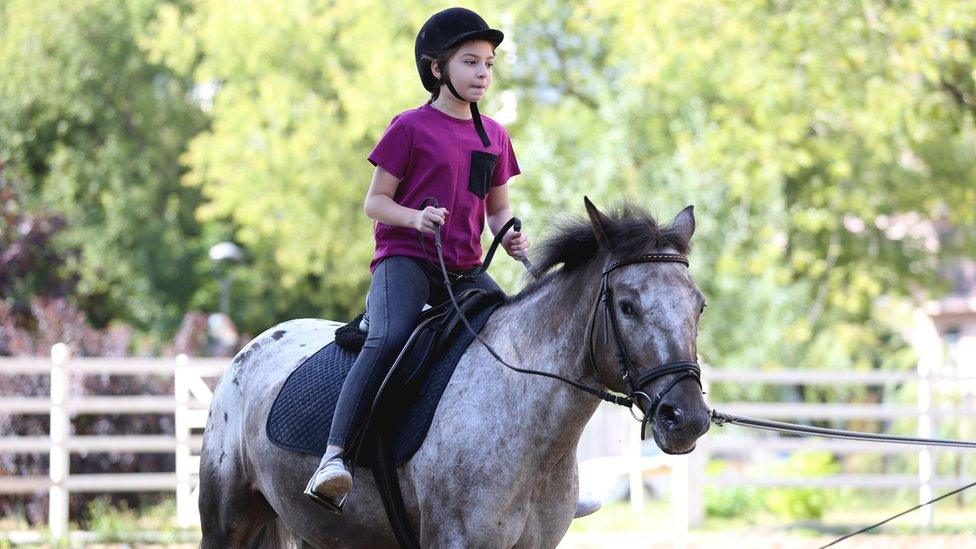
It's important to stay safe while enjoying any kind of sport
At amateur clubs and games, it's not always the case that there will be a medical team nearby to treat someone who suffers a head injury.
Grassroots clubs are also often (but not always) made up of young people.
And while the NHS does not collect data on the number of concussions in grassroots sport, data from the Rugby Football Union (RFU) suggests a team of 15- to 18-year-olds will have a player concussed once in every 10 games on average.
Researchers at Newcastle University analysed A&E records and found under-19s accounted for almost half of of people there with a sports injury.
- Published22 February 2023
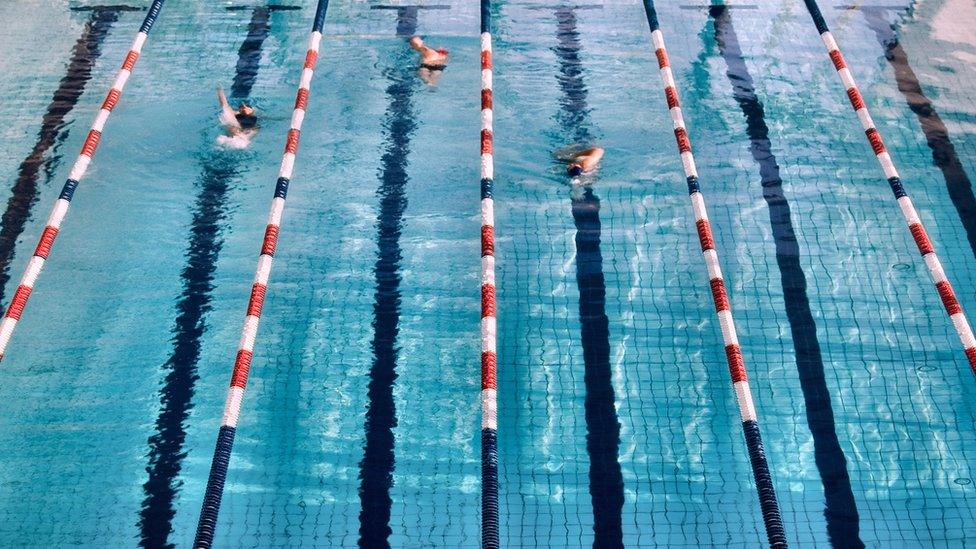
- Published19 April 2023

- Published10 December 2022
